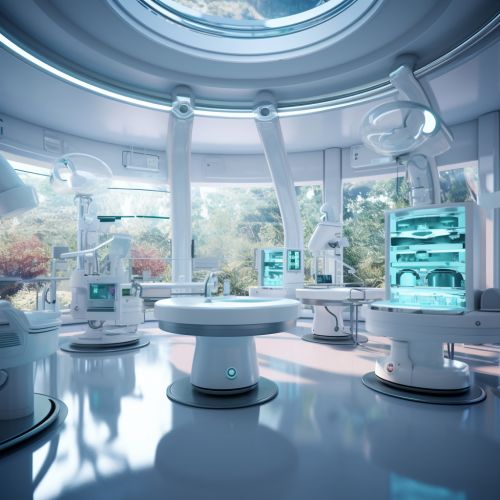History of medicine
Ancient Medicine
The earliest recorded evidence of the practice of medicine dates back to the ancient civilizations of Egypt and Mesopotamia. In ancient Egypt, medical practices were highly advanced for the time, with knowledge of human anatomy obtained through the process of mummification. The Edwin Smith Papyrus, one of the oldest medical texts, provides insight into the medical procedures and understanding of the human body in ancient Egypt.
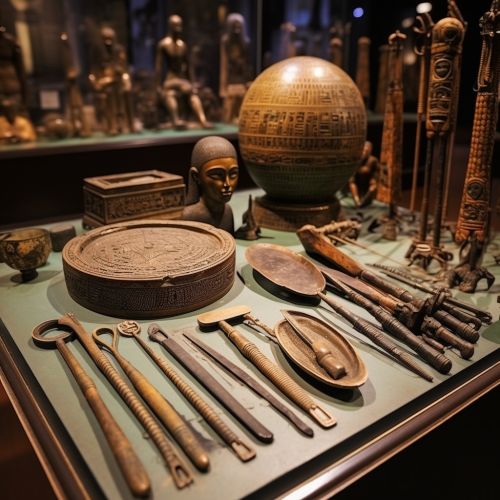
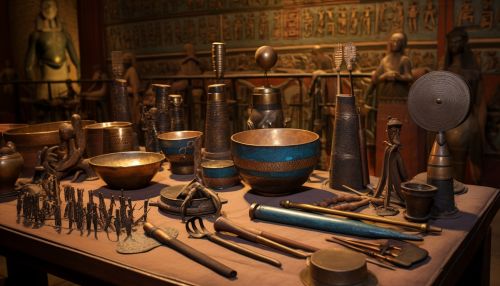
In Mesopotamia, the ancient Sumerians created clay tablets with cuneiform script detailing medical practices and remedies. The Code of Hammurabi, a Babylonian law code, includes laws related to medicine and the medical profession.
Greek and Roman Medicine
The Greeks made significant contributions to the field of medicine. Hippocrates, often referred to as the "Father of Medicine," established medical practice as a distinct profession separate from philosophy and religion. The Hippocratic Oath, still in use today, originated from his teachings.
The Romans, drawing heavily from Greek medicine, advanced medical knowledge further. Galen, a prominent Roman physician, made significant contributions to anatomy, physiology, and pharmacology. His theories dominated Western medical science for over a thousand years.
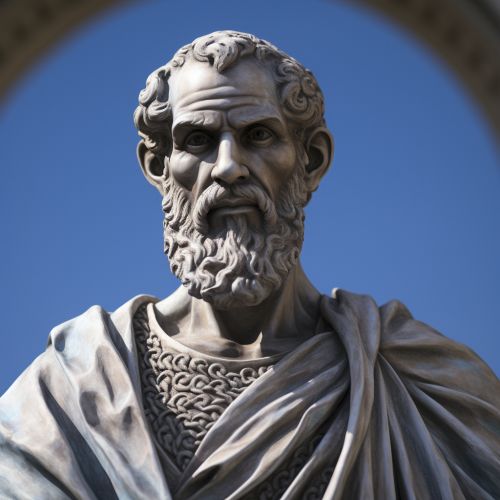
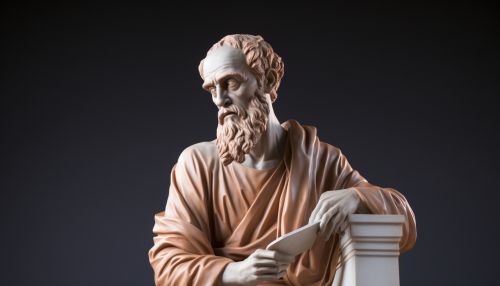
Medieval Medicine
During the Middle Ages, medical knowledge in Europe stagnated due to the fall of the Roman Empire. However, in the Islamic world, physicians like Avicenna and Rhazes made significant advancements in medicine. Avicenna's The Canon of Medicine became a standard medical text at many medieval universities and remained in use until the 17th century.
Renaissance Medicine
The Renaissance brought about a renewed interest in scientific investigation, including medicine. Andreas Vesalius, a Flemish physician, is known for his work on human anatomy, De humani corporis fabrica (On the Fabric of the Human Body). His detailed and accurate observations challenged the anatomical teachings of Galen.

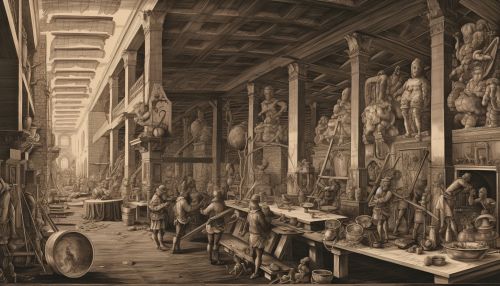
Modern Medicine
The 19th and 20th centuries saw unprecedented advancements in medical science. The discovery of germ theory by Louis Pasteur and Robert Koch revolutionized medicine and led to the development of antibiotics. The invention of medical imaging technologies, such as X-ray and MRI, greatly improved diagnostic capabilities. The 20th century also saw the development of vaccines for many deadly diseases, such as polio and measles.
Future of Medicine
The future of medicine is likely to be shaped by advancements in technology and genetics. Personalized medicine, based on an individual's genetic makeup, may revolutionize treatment strategies. Additionally, advancements in artificial intelligence and machine learning have the potential to greatly impact diagnostic and treatment methods.
